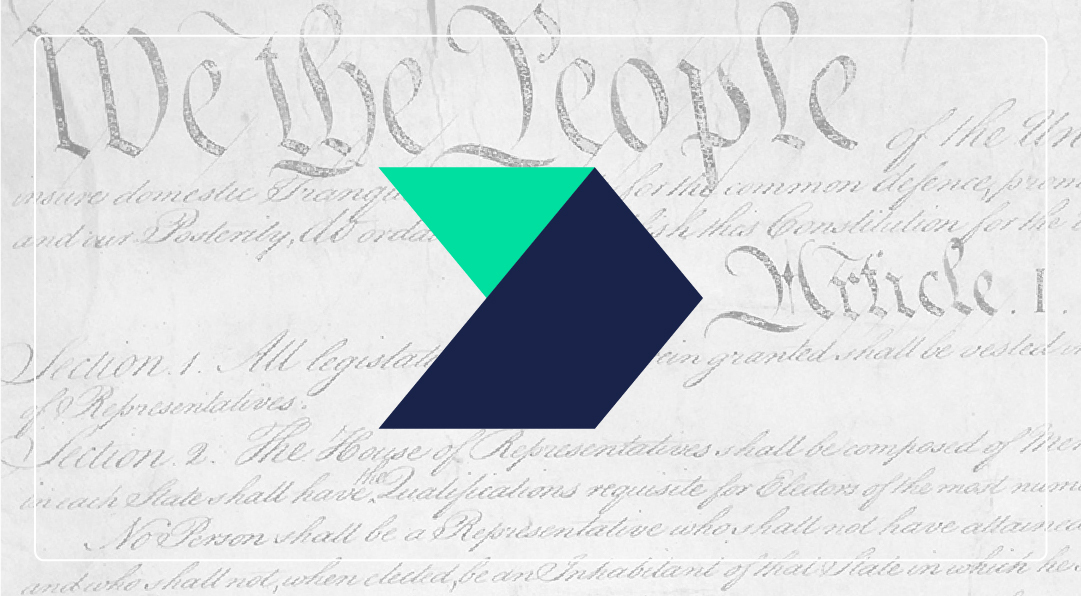
Additional Plaintiffs Join Challenge to Save Full Service Community Schools Program
Teachers, Public Schools, and Community Groups Challenge Unlawful Discontinuation of Grants, Move Threatens Programs for Disadvantaged Students

Teachers, Public Schools, and Community Groups Challenge Unlawful Discontinuation of Grants, Move Threatens Programs for Disadvantaged Students

Filing Comes Amid New Unlawful Refugee Detention Policy

Emergency Filing Seeks Court Order to Halt Implementation of Interim Final Rule that Dismantles Safeguards at the Board of Immigration Appeals